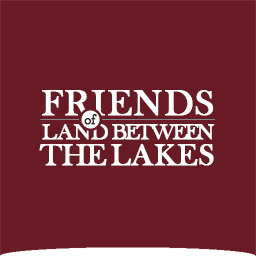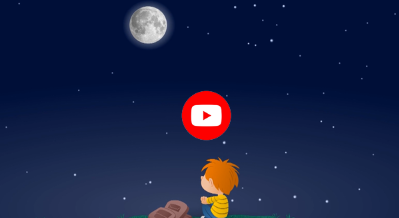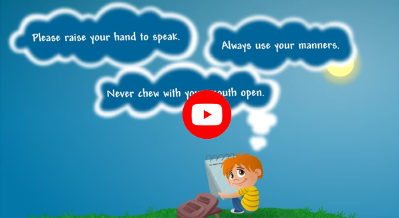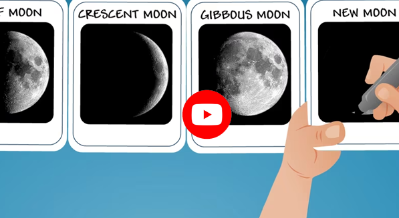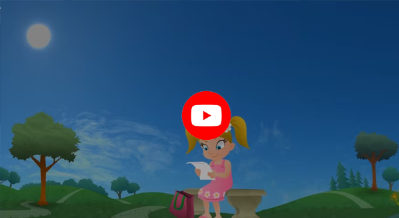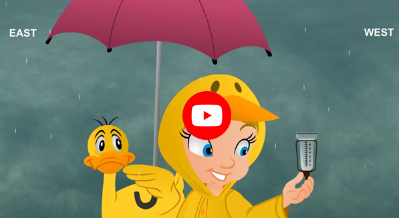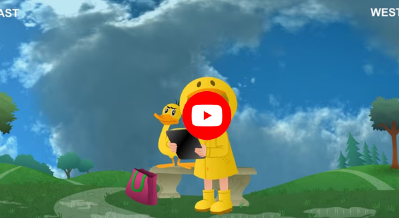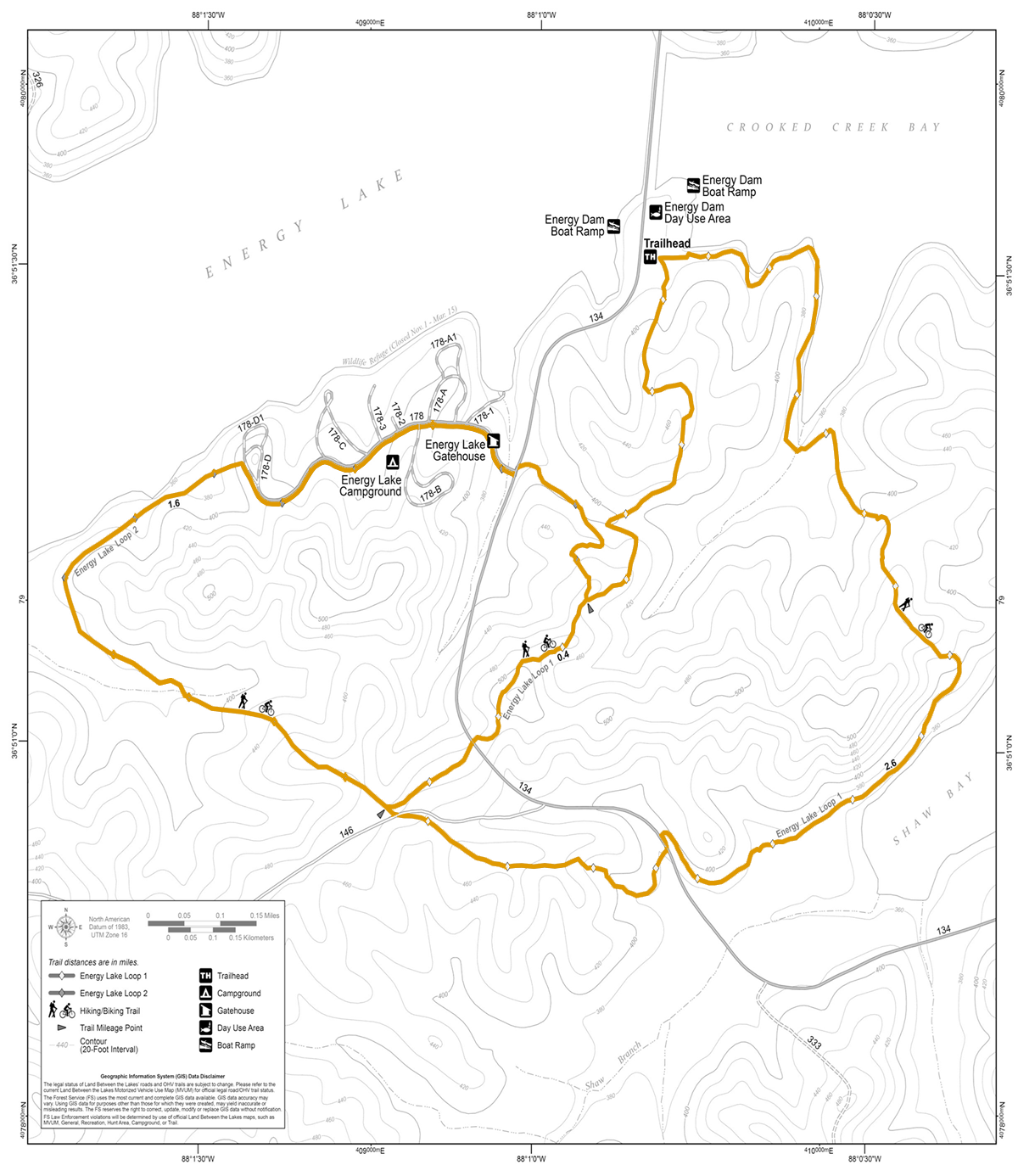Friends of Land Between the Lakes
Virtual Resources
The staff of LBLA is working hard to develop methods to assist teachers in delivery of important environmental education, cultural history education, and earth science education.
Virtual Resources
The following resources are both web-based modules you can use in the classroom and downloadable worksheets you can use to accompany the modules. Please note that some of the downloads are stand-alone and do not have a web-based version.
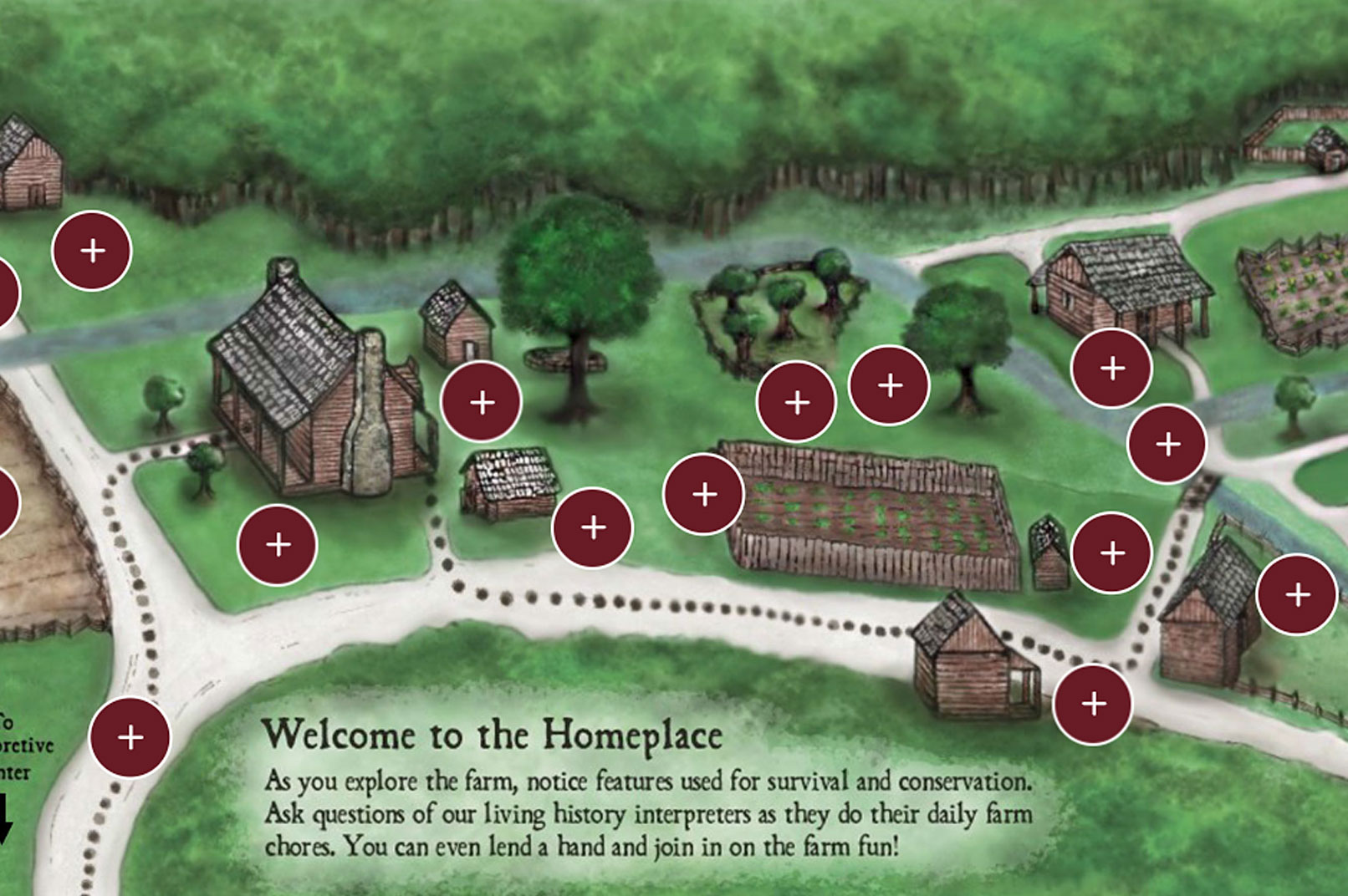
Your students can learn a lot about life on an 1850s working farm through these virtual resources. The Homeplace staff will be glad to assist you in developing a program that meets your educational plan.
Homeplace Interactive Map
Hover over icons for descriptions of all the different parts of a 19th-century family farm.
History Timeline 1800 – 1897
What you would have experienced and how your life would have changed if you lived in the 1800s.
Homeplace Farm Animals
The animals that were raised on an 1850s farm and why they were there.
Historical Quilt Patterns
Learn the names and shapes of quilt patterns from the 1850s, then design your own pattern using the shapes guide.
1850s vs. Modern Farm Comparison
Comparison and worksheet.
Home Schooler Scavenger Hunt
You have arrived at a family farm in middle Tennessee in 1850. Explore the farm and learn how the family worked the farm together. Download the Homeschool Scavenger Hunt Activity and Observation Books for K-4 and 5-12 and look for the answers are you explore the farm.
Heritage Chickens Coloring Book

The Woodlands Nature Station has a wonderful mix of live animal displays and static exhibits around which you can easily build an educational message about the environment, resource conservation, animal life histories, and much more.
Nature Station Interactive Backyard Map
Hover over each animal icon to learn more about the wildlife that lives in our backyard!
Nature Station YouTube Channel
Bring the Outside World
Into Your Home
Woodlands Nature Station has a vibrant and exciting YouTube Channel chock full of videos and webinars featuring wildlife experts discussing the many species that make Land Between the Lakes their home.
Many of these videos are specifically designed for homeschooling and feature a variety of lessons about the natural world and the animals around us.
Homeschool Resource Packets
These resource packets are designed for educators and homeschoolers to teach kids about the environment and wildlife of the Land Between the Lakes region. These fun lessons, worksheets, quizzes, pages to color, and much more will help your students more fully appreciate and understand the natural world around them.
Eager Eaglets Engage!
Are you curious about bald eagles? What makes them so important and unique? Complete as many of the activities as you can, practicing your reading, math, art, Spanish, history, and science skills!
Pay extra attention to bolded vocabulary words and check out the “extensions” for more fun activities about bald eagles!
This packet is best geared towards kindergerten through 5th grade.
Get Batty About Bats!
Bats are very special mammals. They are vertebrates (have a backbone), warm-blooded, have hair, give birth to live young, and feed them milk. They are also the only flying mammal in the whole world.
Kindergarten through 5th grade.
Be a Backyard Biologist!
Become a backyard biologist and study the life found in your backyard! Do as much of the booklet as you are able. To challenge yourself and continue learning, check out the Bonus Ideas after some of the activities!
As you build up your scientific observation skills, you will prepare for a backyard bioblitz found at the end of the booklet. What will you discover?
Owls
An owl is an amazing animal! Owls are raptors, meat eating birds with sharp beaks and strong claws called talons. Why do raptors need these sharp beaks and strong talons? To catch and eat their food!
Owls are predators, which means that they hunt other animals for food. An owl’s prey, or the animals it eats, includes insects, mice, and other birds!
In Cold Blood: Reptiles vs Amphibians
The word “herpetology” means the study of reptiles and amphibians. Even though these two are grouped together, reptiles and amphibians do not actually have much in common. The biggest similarity between the two is that they are cold-blooded.
Science Careers
There are thousands of scientists whose contributions to science have dramatically increased our knowledge of medicine, space, and the world. Along with each notable mention there will be a few activities meant to give you a glimpse into the kinds of science and work that comprise a career in science.
Build-A-Bird
Use your knowledge of the wide variety of bird adaptations to create your very own imaginary bird!
We All Need Trees Scavenger Hunt
Owls, squirrels, even people need trees! Look around your house to see how many things you can find that came from trees.
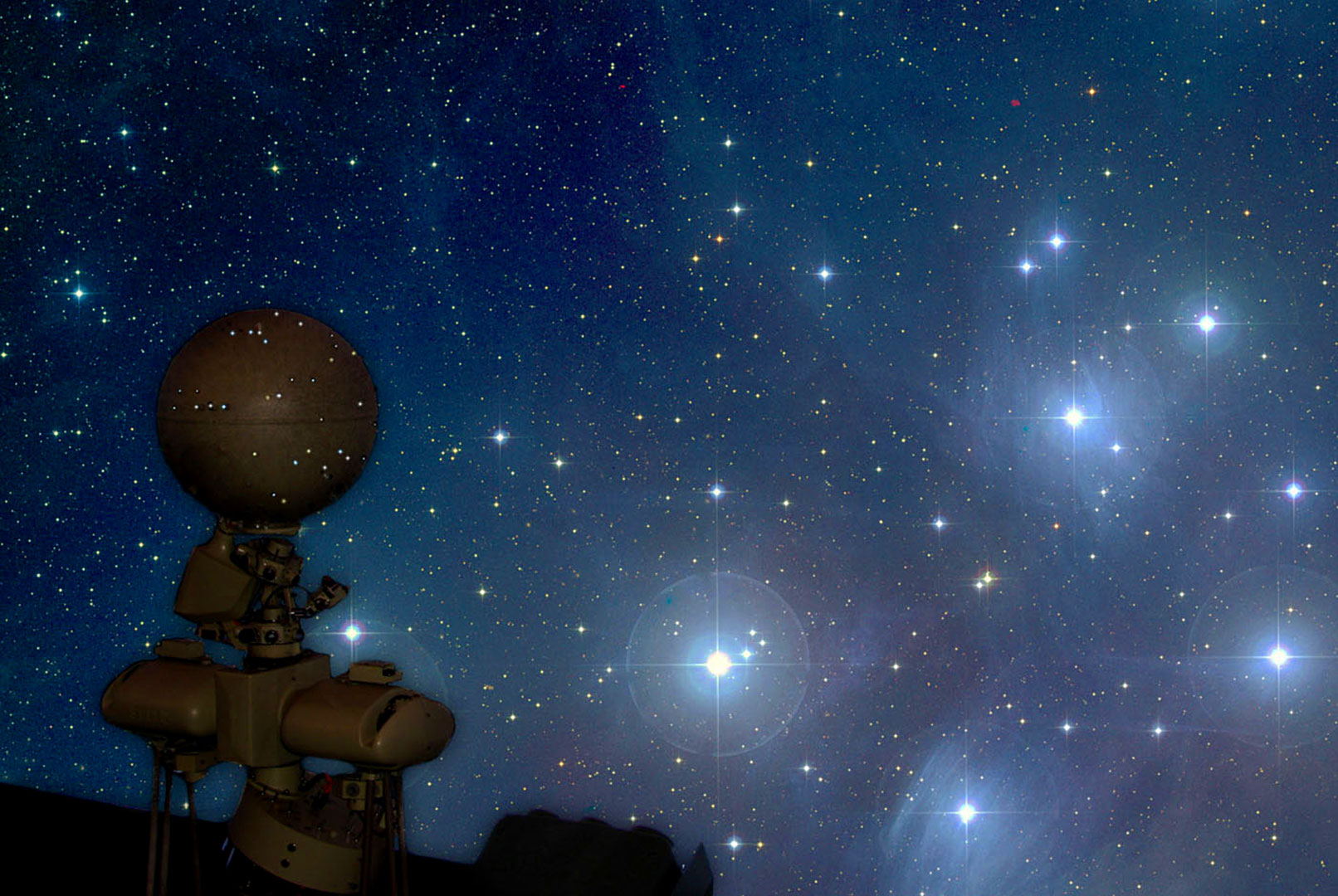
The Golden Pond Planetarium and Observatory offers a wide range of planetarium shows that are suitable for all grade levels.
Learn About Your Universe
A visit to the Golden Pond Planetarium is a must if you’re interested in our universe and all the incredible things out there in our night sky.
Some of the fun things you can experience at the planetarium are the many films we have that tell the stories of the stars. And now you can watch some of them right here online!
The Little Star That Could
Children love a good underdog story. This presentation is about the newest baby star in the sky Little Star. He quickly discovers he is just an average star, but he yearns to become special and have planets of his own. Along the way in his quest, he meets other stars and learns what makes each star special. He also discovers much about planets and what it takes to lead a solar system.
Follow-Up Star Guide with Answer Keys
The Little Star That Could is a good introduction to our universe for kindergarten through 2nd grades. Download these companion lessons to expand on the film.
Legends of the Night Sky
Aesop the Owl will lead you on a light-hearted look at the Greek mythology associated with some of the constellations. These are the compelling stories behind the mighty warrior Perseus; the beautiful princess Andromeda; Cetus, the terrible sea monster; Scorpius the scorpion; and Orion the hunter. This show features complex themes common within Greek tragedies, yet softened for younger viewers, such as good vs evil, death, honor, betrayal and sacrifice.
The Moon
The Weather

Discover the joy of space exploration with NASA.gov’s early childhood education materials! Designed to captivate young minds, these resources offer a delightful journey through the wonders of the universe. Engage your child with interactive and educational content that makes learning about our cosmos not just informative, but also incredibly enjoyable.
